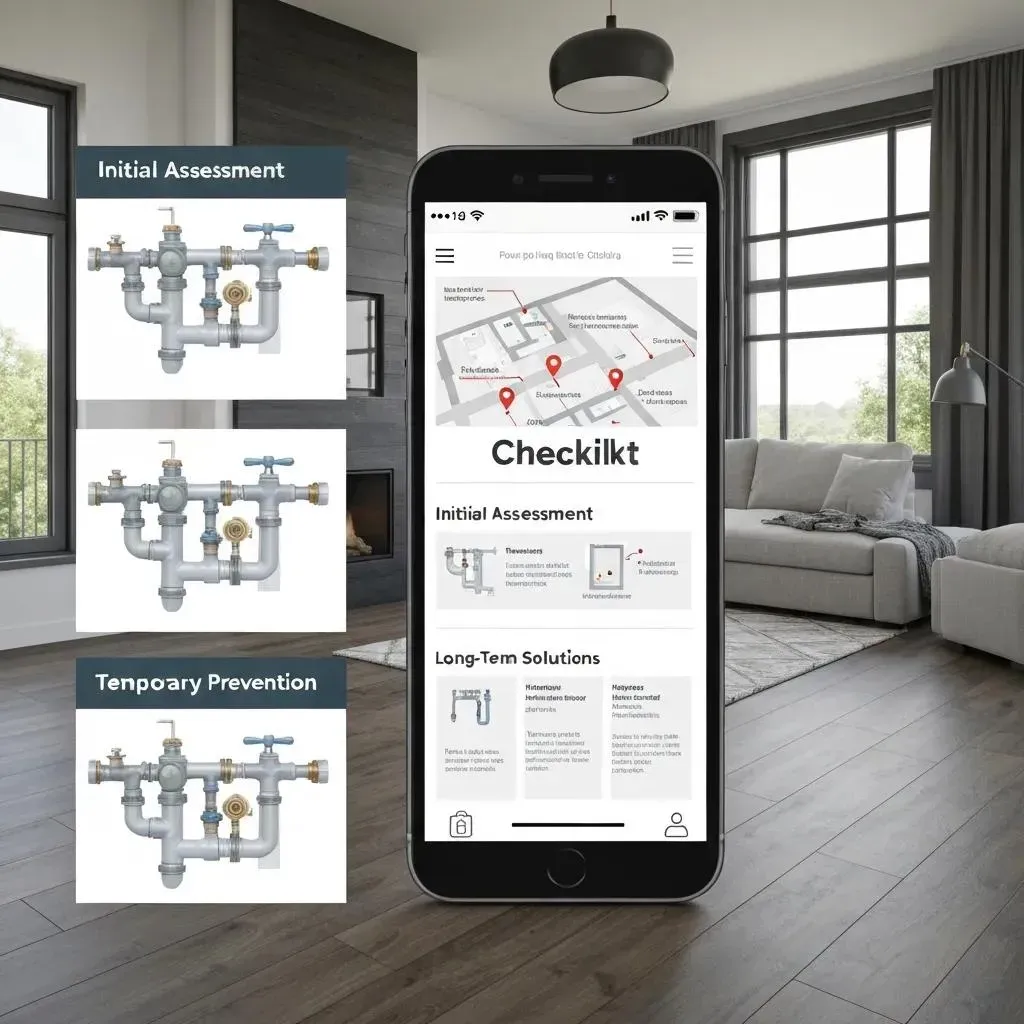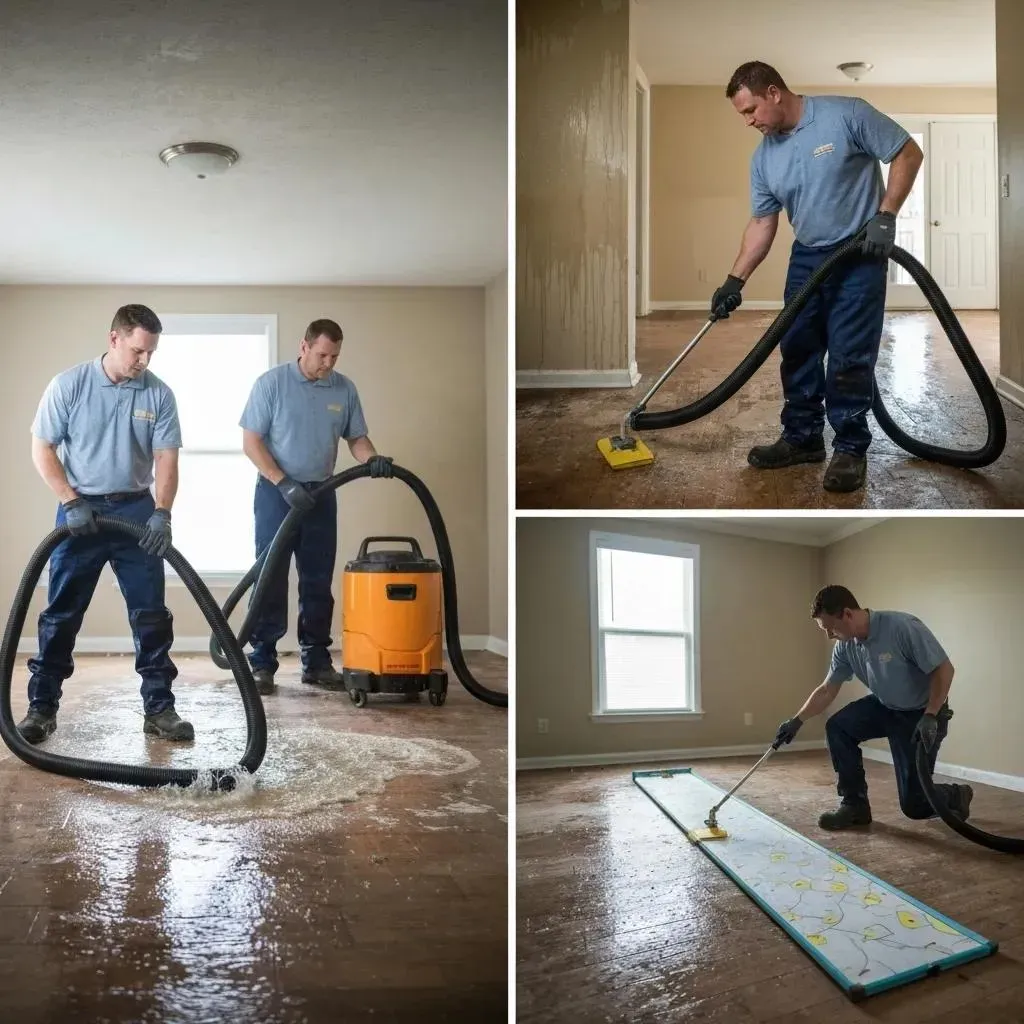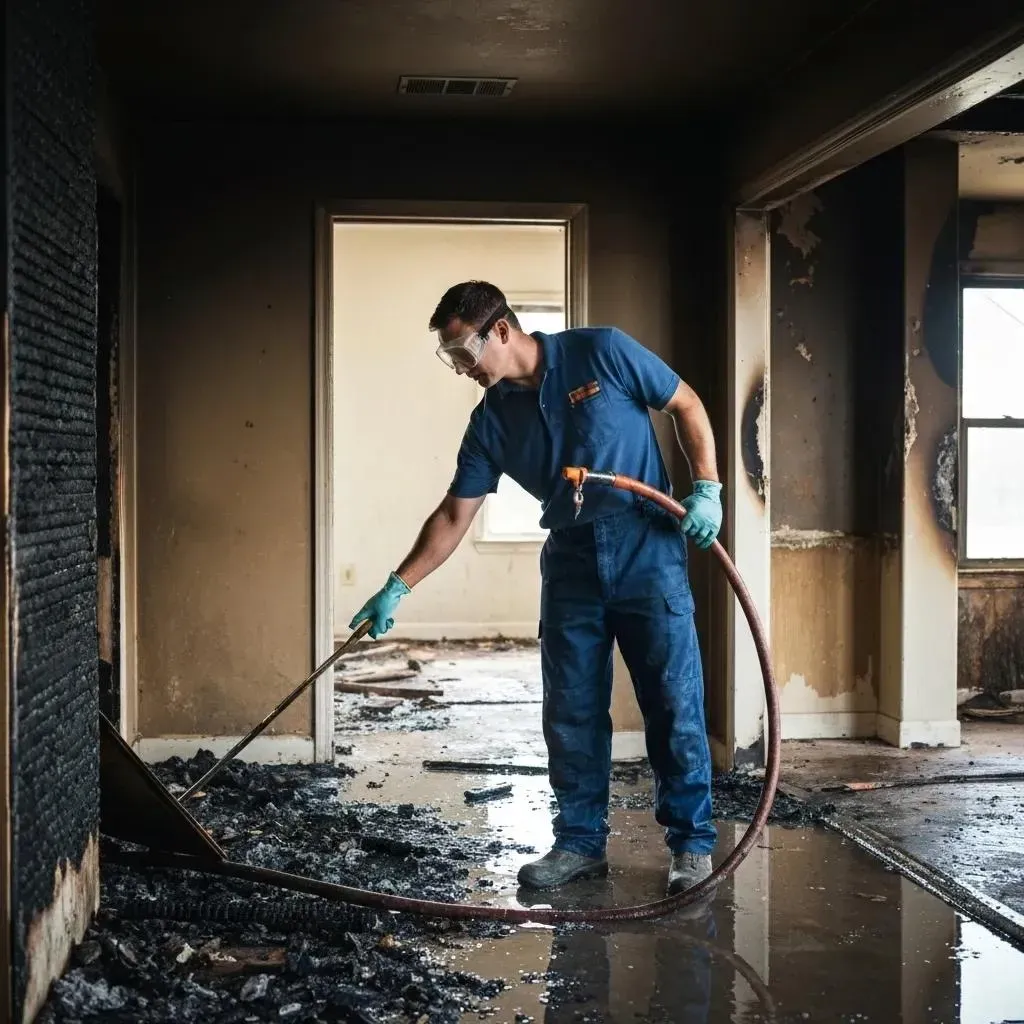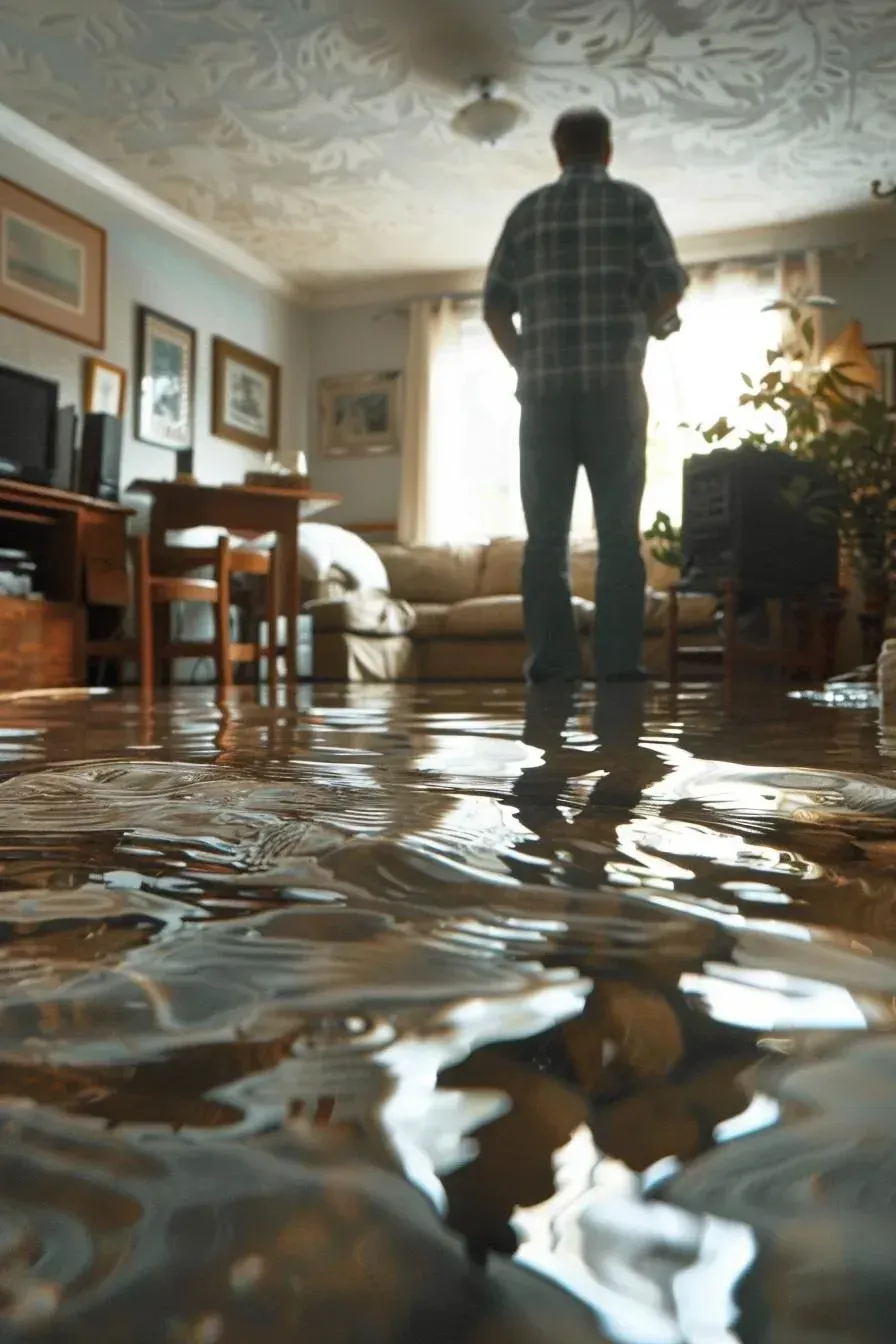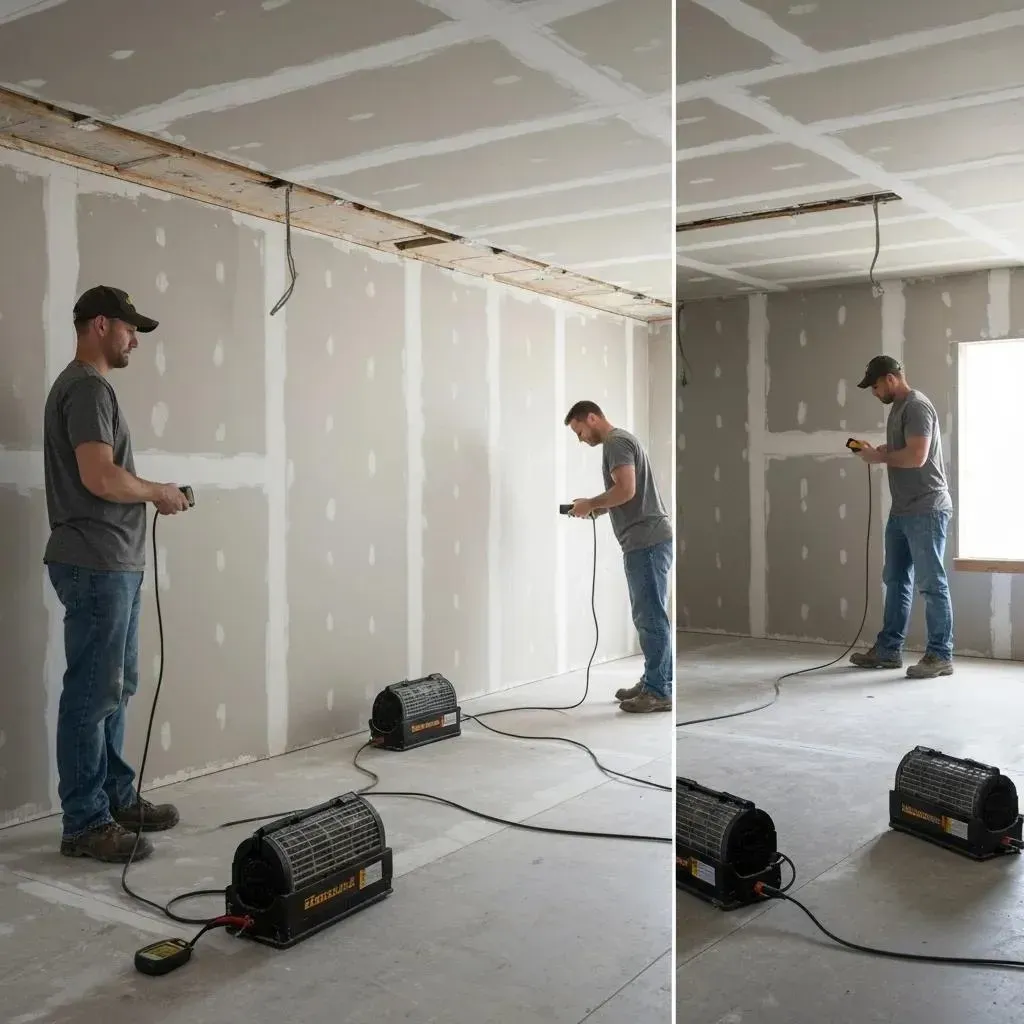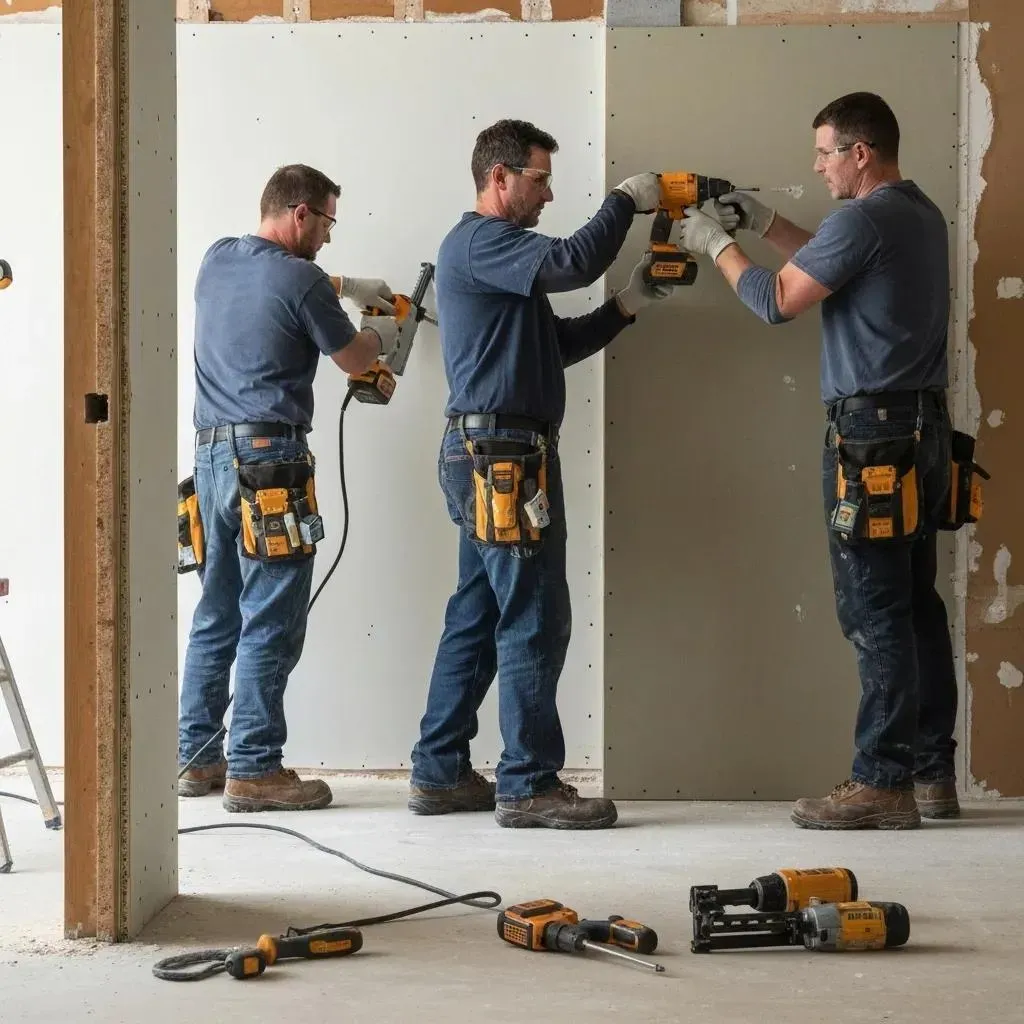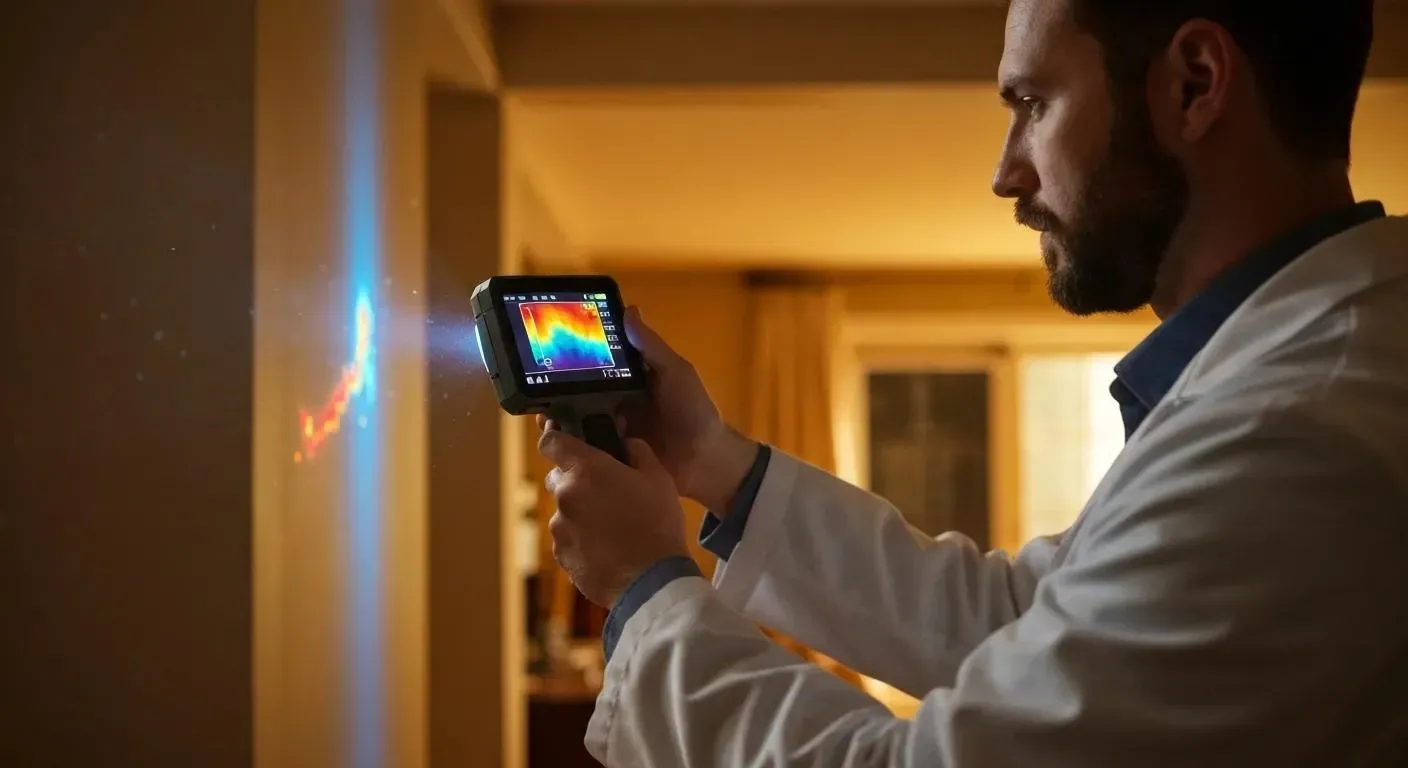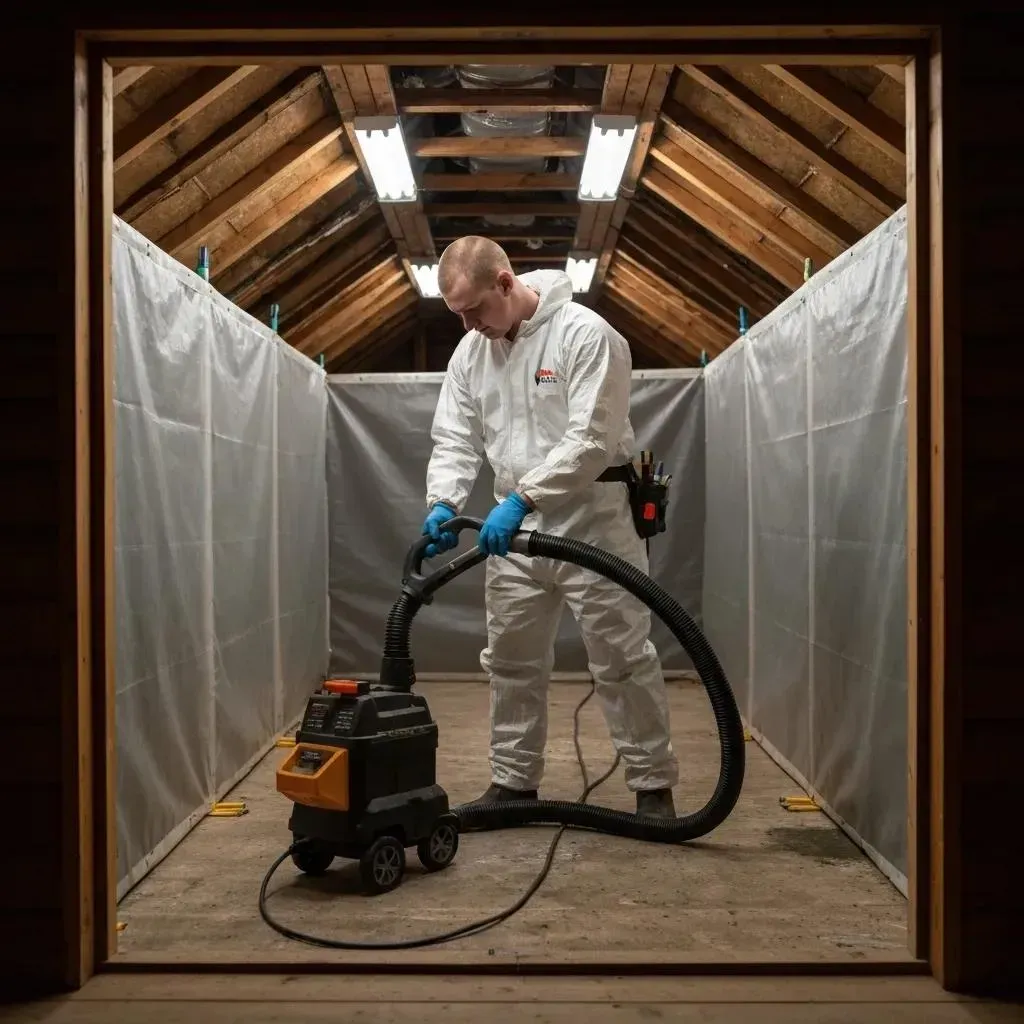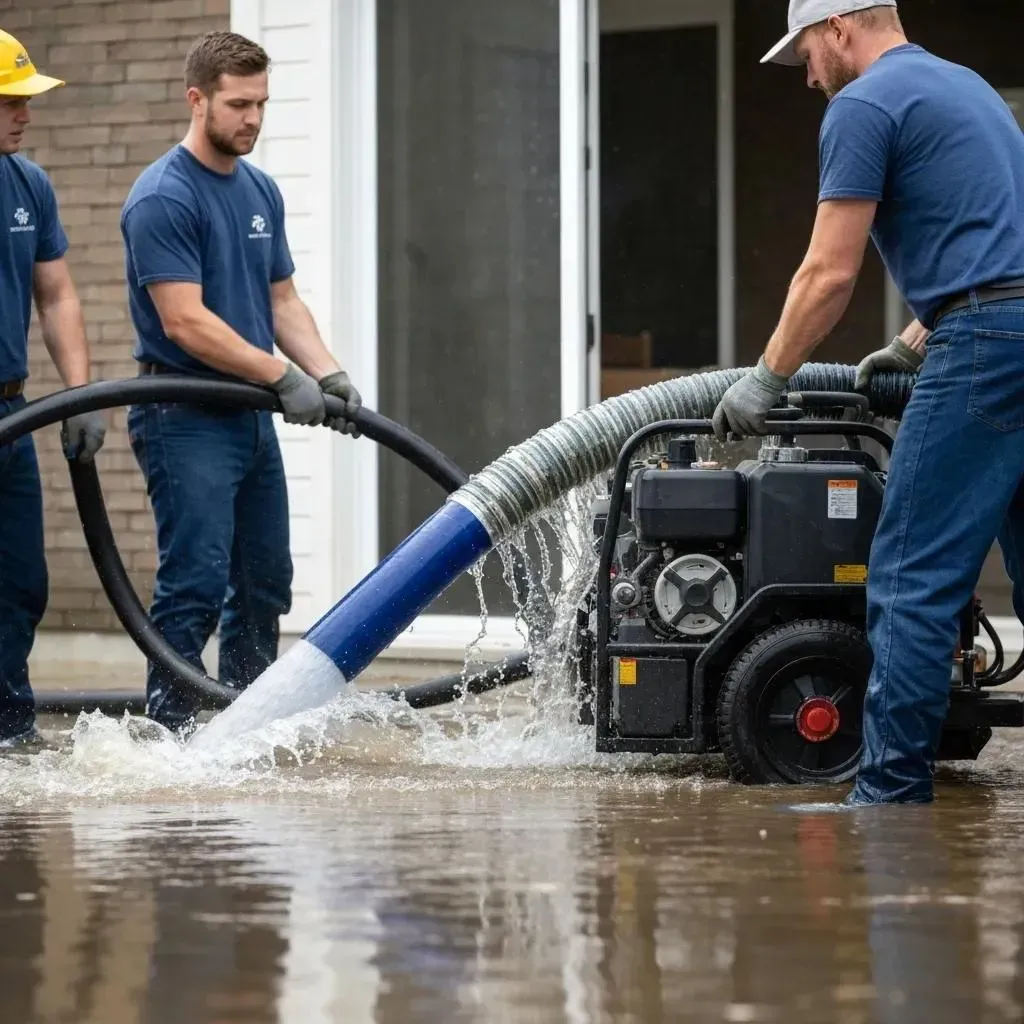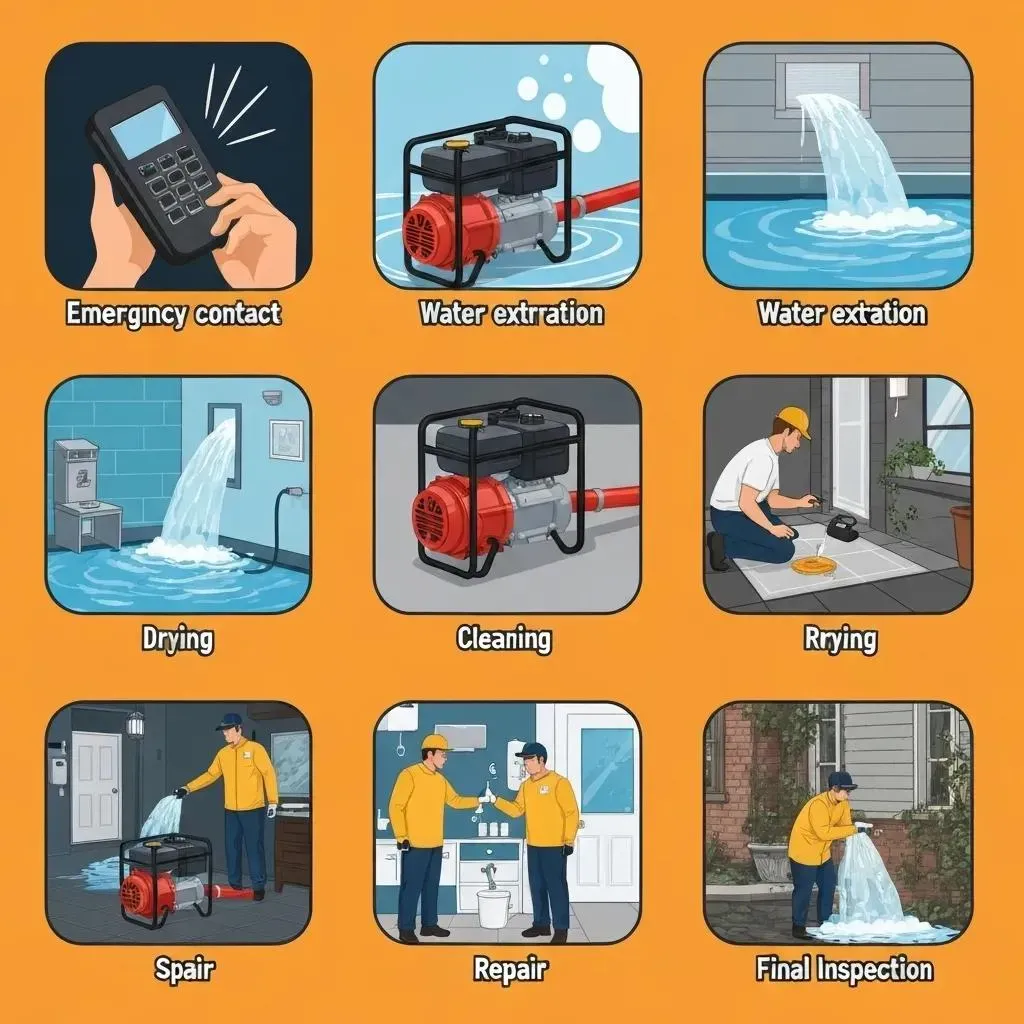Blog
Why You Need a Water Damage Inspection for Your Home in Denver, CO
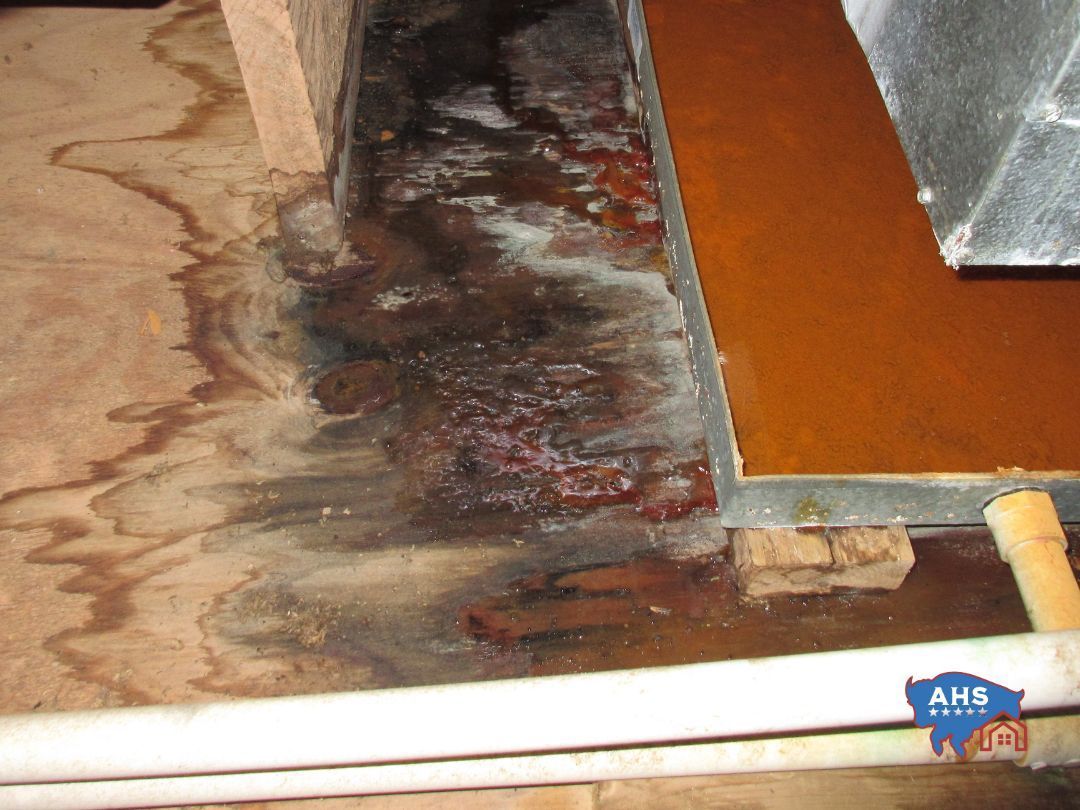
Water damage in your home isn’t always obvious. Sure, a burst pipe or a flooded basement is easy to spot, but what about the hidden water damage lurking behind your walls or under your flooring? Many homeowners in Denver don’t realize they have a problem until it’s too late—when mold starts forming, floors begin warping, or structural damage occurs.
A homeowner in Denver recently contacted us after noticing a musty smell in their home. They hadn’t experienced a major flood, but they were worried that something wasn’t right. Our water damage inspection revealed a slow leak behind their kitchen sink that had been soaking into the drywall for months. By catching the issue early, we were able to prevent costly repairs and remove the risk of mold growth.
According to the Insurance Information Institute, water damage accounts for nearly 30% of all homeowner insurance claims in the U.S. While it’s impossible to prevent every plumbing mishap or weather-related water issue, a professional water damage inspection can save homeowners thousands of dollars by catching problems before they spiral out of control.
Why Is a Water Damage Inspection Important?
Many homeowners assume that if they don’t see water, there isn’t a problem. Unfortunately, water damage is often invisible until it becomes severe. By the time a stain appears on a ceiling or a section of flooring warps, extensive damage may have already occurred. A water damage inspection helps identify problems early, saving time, money, and frustration.
Detects Hidden Water Damage
Even if your home looks dry on the surface, moisture can still be lurking in walls, ceilings, or flooring. Water from a leaking pipe or condensation buildup may seep into drywall, wooden beams, and insulation, leading to mold, mildew, and rot. Specialized moisture detection tools can uncover these hidden issues before they lead to costly repairs.
Prevents Costly Repairs
A small, unnoticed leak can cause significant structural damage over time. What starts as a minor drip under a sink can eventually lead to wood rot, warped flooring, or foundation problems. A routine inspection can catch these issues early, allowing for simple, inexpensive fixes rather than extensive renovations.
Protects Your Home’s Structural Integrity
Water is one of the most destructive elements to a home’s structure. Long-term water exposure weakens drywall, causes wood beams to deteriorate, and erodes concrete foundations. A professional inspection helps prevent these issues by identifying sources of water intrusion and providing a plan for remediation.
What Happens During a Water Damage Inspection?
A comprehensive water damage inspection involves more than just looking for puddles or stains. Restoration professionals use specialized equipment and industry expertise to assess the full extent of water damage and recommend necessary actions.
Visual Inspection of the Home
An expert will conduct a room-by-room walkthrough to check for visible signs of water damage. This includes:
- Water stains on walls and ceilings.
- Warped or buckling floors.
- Peeling paint or wallpaper.
- Musty odors that indicate mold growth.
Moisture Level Testing
Many types of water damage are invisible. Inspectors use moisture meters and thermal imaging cameras to detect excess moisture in walls, subfloors, and ceilings. These tools help locate leaks behind drywall, under flooring, or in attics without needing to tear apart sections of the home.
Checking for Mold Growth
Mold can start growing within 24 to 48 hours of water exposure. A water damage inspection includes an assessment of areas with high humidity and potential mold growth, even if no visible mold is present yet. If mold is detected, professional remediation may be necessary to remove spores and prevent further spread.
Identifying Plumbing and Roof Leaks
Even a small drip from a pipe or roof leak can cause serious damage over time. Inspectors carefully check:
- Pipes under sinks, behind appliances, and inside walls.
- Roofs and attics for signs of leaks, sagging, or damp insulation.
- HVAC systems, which can generate condensation that leads to water buildup.
Recommending Next Steps
After completing the inspection, professionals provide a detailed report with their findings. This report includes:
- The severity and location of water damage.
- Recommended repairs and mitigation steps.
- Preventative actions to avoid future water issues.
5 Surprising Benefits of a Water Damage Inspection
A water damage inspection provides more than just peace of mind—it can prevent serious financial and health problems down the road. Here are five unexpected benefits of scheduling a professional inspection.
Saves You Money on Repairs
Water damage that goes unnoticed can lead to structural issues, mold remediation, and expensive renovations. A routine inspection allows homeowners to address minor issues before they escalate, potentially saving thousands of dollars in repair costs.
Helps Prevent Mold and Health Issues
Mold spores thrive in damp environments, and many homeowners don’t realize they have a mold problem until it starts affecting their health. Common symptoms include respiratory issues, allergies, and persistent coughing. By catching water damage early, inspections help prevent these health risks.
Protects Your Home’s Resale Value
If you’re planning to sell your home, water damage can drastically reduce its value. Buyers are hesitant to purchase homes with past water issues, and unresolved water damage can lead to failed inspections during the sale process. A preemptive water damage inspection can help ensure a smooth sale.
Ensures Your Home Is Safe
Structural damage caused by water intrusion can lead to unstable floors, weakened walls, and deteriorating foundations. A professional inspection helps keep your home safe by identifying risks before they turn into major safety hazards.
Helps with Insurance Claims
If you ever need to file a homeowner’s insurance claim for water damage, having a professional inspection report can streamline the process. Insurance companies are more likely to approve claims when there is clear documentation of the damage and its source.
How Often Should You Get a Water Damage Inspection?
While there is no one-size-fits-all answer, regular inspections help homeowners stay ahead of potential issues. Here are some guidelines:
- Annually – If you live in an older home or an area prone to flooding, schedule an inspection at least once a year.
- After Severe Weather – Heavy rains, snowmelt, and storms can cause hidden water damage.
- Before Buying or Selling a Home – Identifying and addressing issues before a sale can prevent lost value.
- After a Plumbing or Roofing Issue – If you’ve had leaks, a burst pipe, or a roof repair, an inspection ensures there are no lingering problems.
Frequently Asked Questions
1. How can I tell if my home has hidden water damage?
Some common signs of hidden water damage include unexplained musty odors, peeling paint, warped flooring, and an increase in your water bill. A professional water damage inspection can help detect hidden moisture using specialized equipment.
2. Will my homeowner’s insurance cover water damage inspections?
Most homeowner’s insurance policies cover sudden and accidental water damage, but they do not always cover inspections unless they are related to a claim. It’s best to check with your insurance provider to understand your coverage.
3. Can water damage inspections help prevent mold growth?
Yes! A thorough inspection can detect excess moisture before mold starts growing. Since mold can develop within 24 to 48 hours of water exposure, early detection is key to preventing mold infestations.
4. How long does a water damage inspection take?
The time needed for an inspection depends on the size of the property and the extent of the damage. Most inspections take between 1 to 3 hours, including moisture testing and visual assessments.
How Accountable Home Services Can Help You
At Accountable Home Services, we specialize in comprehensive water damage inspections in Denver, CO. Our team uses advanced tools to detect hidden leaks, assess moisture levels, and ensure your home is safe from long-term damage. Whether you suspect a water issue or just want peace of mind, we’re here to help.
Visit us at: 1347 E 73rd Ave, Denver, CO 80229
Call us today: (720) 620-3272
Don’t wait until water damage becomes a costly disaster—schedule your professional water damage inspection today!

